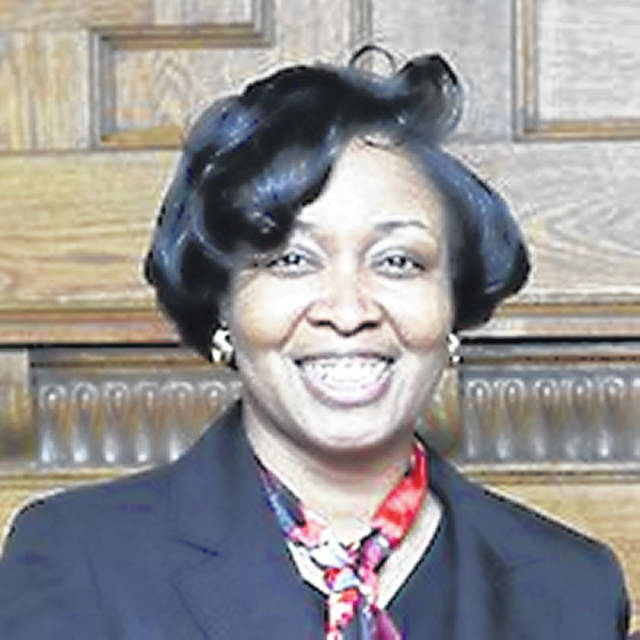(Jesus) said unto them, “But whom say ye that I am?” Peter answering said, “The Christ of God.” (Luke 9:20)
I am reflecting on this momentous question that Jesus asked His disciples as I observe Easter this year. It is a question that every Christian should be able to answer boldly and passionately regarding the One in whom they confidently trust.
This scene, which is recorded in all three Synoptic Gospels of Matthew, Mark and Luke, is one of many heart-to-heart interactions that Jesus had with the 12 men who followed Him. One of the attributes I love about the Lord is that He was always in a teaching mode. As the disciples learned the doctrine that Jesus was passing down from His Father, it was the spiritual blueprint for their apostolic ministry that would later come forth in the book of Acts.
From studying how Jesus frames this question, it is important to note that He wanted the disciples to delve deeper beyond the public’s perception of Him. Many in the Jewish religious communities of Bethsaida, Caesarea Philippi, Capernaum and Bethany where Jesus performed great miracles thought that He had risen from the dead as either His frontrunner John the Baptist or the prophet Elijah. Others believed Jesus was an extraordinary preacher.
Jesus purposely probed His disciples because He wanted to see if they had any divine revelation regarding His identity. All Synoptic accounts reveal that Peter provided the answer Jesus was looking for, but the responses are recorded differently. In Matthew 16:16, Peter says, “Thou art the Christ, the Son of the living God.” In Mark 8:29, Peter’s answer is simply documented as “Thou art the Christ,” and Luke 9:20 focuses on the anointing of Jesus when Peter says, “The Christ of God.”
Since Matthew was written for a Jewish primary audience, there is emphasis on Christ being God’s Son and the promised Messiah. Mark, which was written for Roman believers and Gentile converts, has a succinct reply, and Luke was written for its author’s Greek countrymen.
In Mark and Luke, Jesus commands the disciples not to share Peter’s revelation with anyone since He would have to bear the public persecution and scorn of the cross and be raised again to conquer death. The Lord gives this instruction in Matthew as well; however, in Matthew 16:17, Jesus calls Peter “blessed” for his answer and says, “for flesh and blood hath not revealed it unto thee, but my Father which is in heaven.” In this verse “flesh and blood” is translated as “mortal man,” meaning that divine revelation does not come from natural or secular reasoning. You must be, as we would say in our current vernacular, “hooked up with God.”
Peter’s personal connection to Jesus was very special, as other well-known stories in Scripture tell of his walking on the water through a windstorm to meet the Lord at sea (Matthew 14:28-33) and his being with James and John to witness Jesus’ transfiguration (Matthew 17:1-9). As I’ve contemplated more on Peter’s answer to Jesus acknowledging that He is “The Christ” for my Easter meditation, it fuels my desire to know the Lord, as the Apostle Paul would later write in Philippians 3:10, “in the power of his resurrection.”
For Easter, this is a prevailing message because knowing Christ in this manner means that you are, as the Amplified translation of the remainder of this verse says, “becoming more thoroughly acquainted with Him, understanding the remarkable wonders of His Person more completely” and “(in that same way experiencing) the power of His resurrection (which overflows and is active in believers).”
Many people celebrate Jesus’ resurrection in church every Easter, very much like their traditional Christmas observances, but they don’t push themselves to know Him more intimately. If you just settle for religious tradition, you will not become an “active believer,” which robs you of the joy in fellowshipping with God through Christ and witnessing to others.
As a Christian, I want to be able to provide an answer the way Peter did when people ask me about the hope I have through my faith. Truly knowing “The Christ of God” is the anchor of this hope.
Dr. Jessica A. Johnson is a lecturer in the English department at The Ohio State University-Lima. Reach her at [email protected] or on Twitter @JjSmojc. Her opinion does not necessarily represent the views of The Lima News or its owner, AIM Media.







